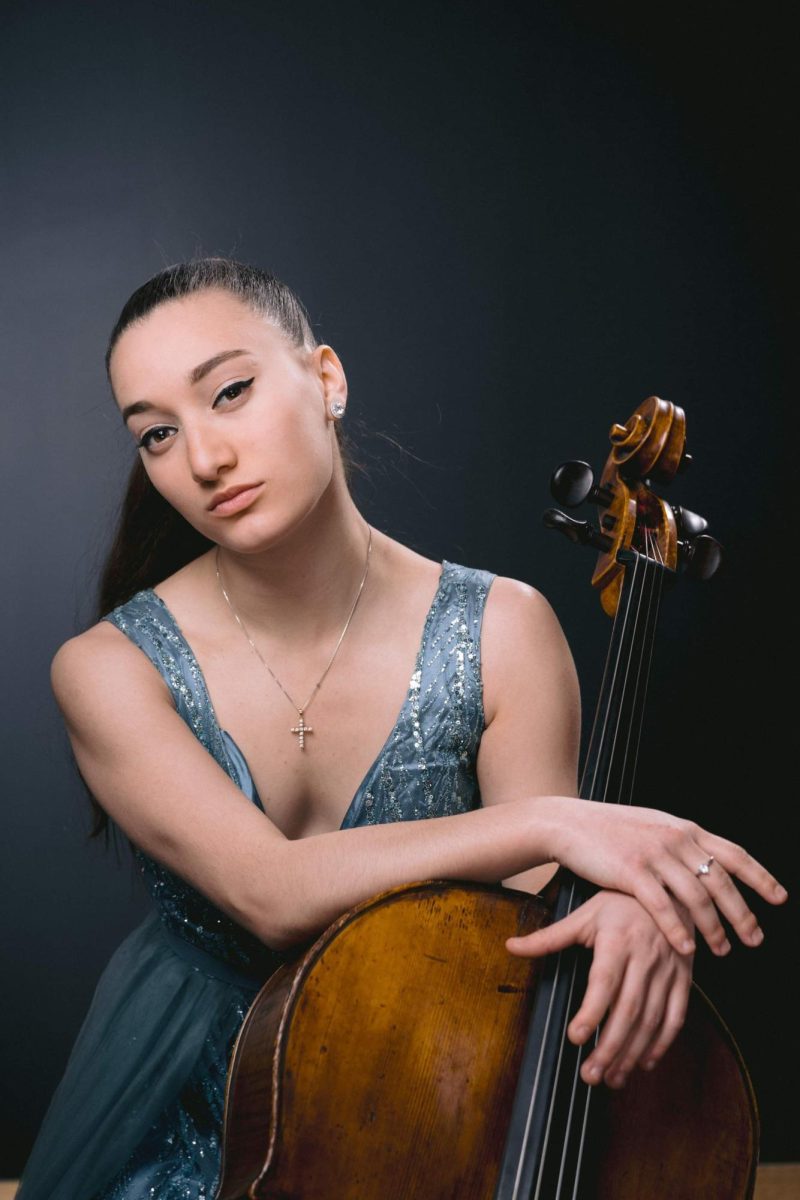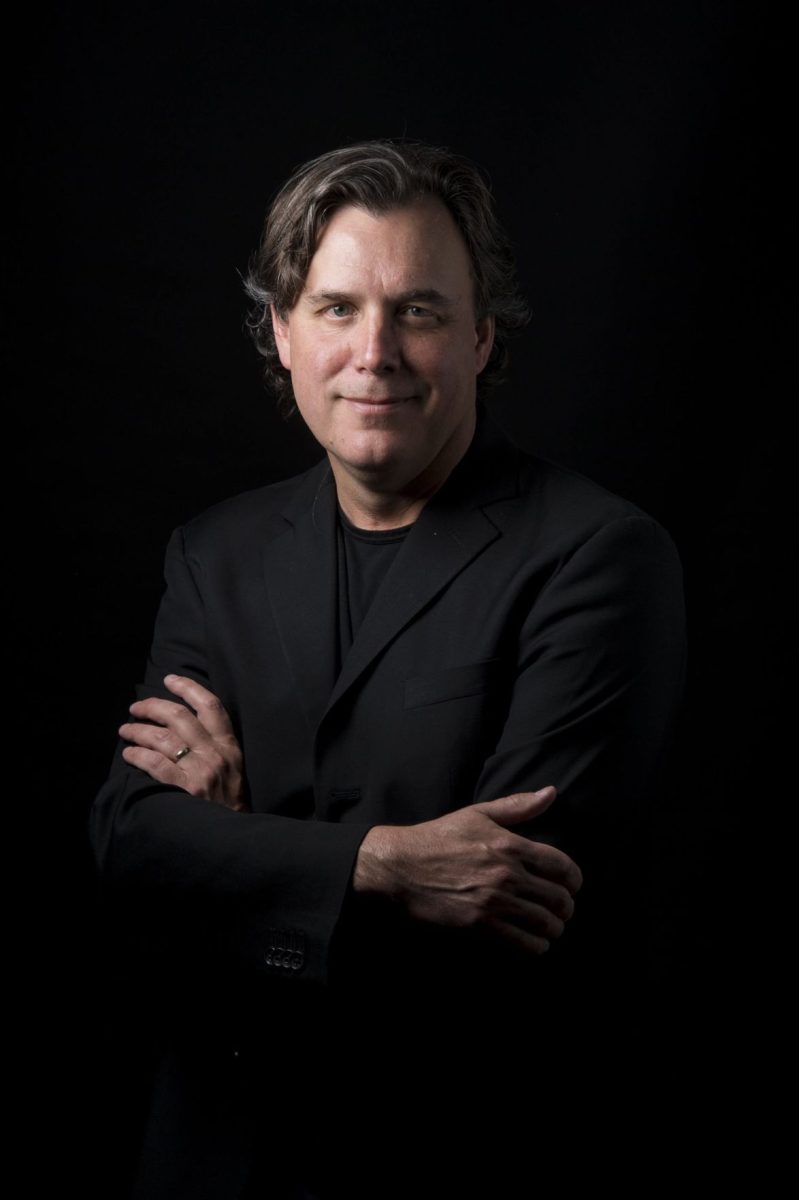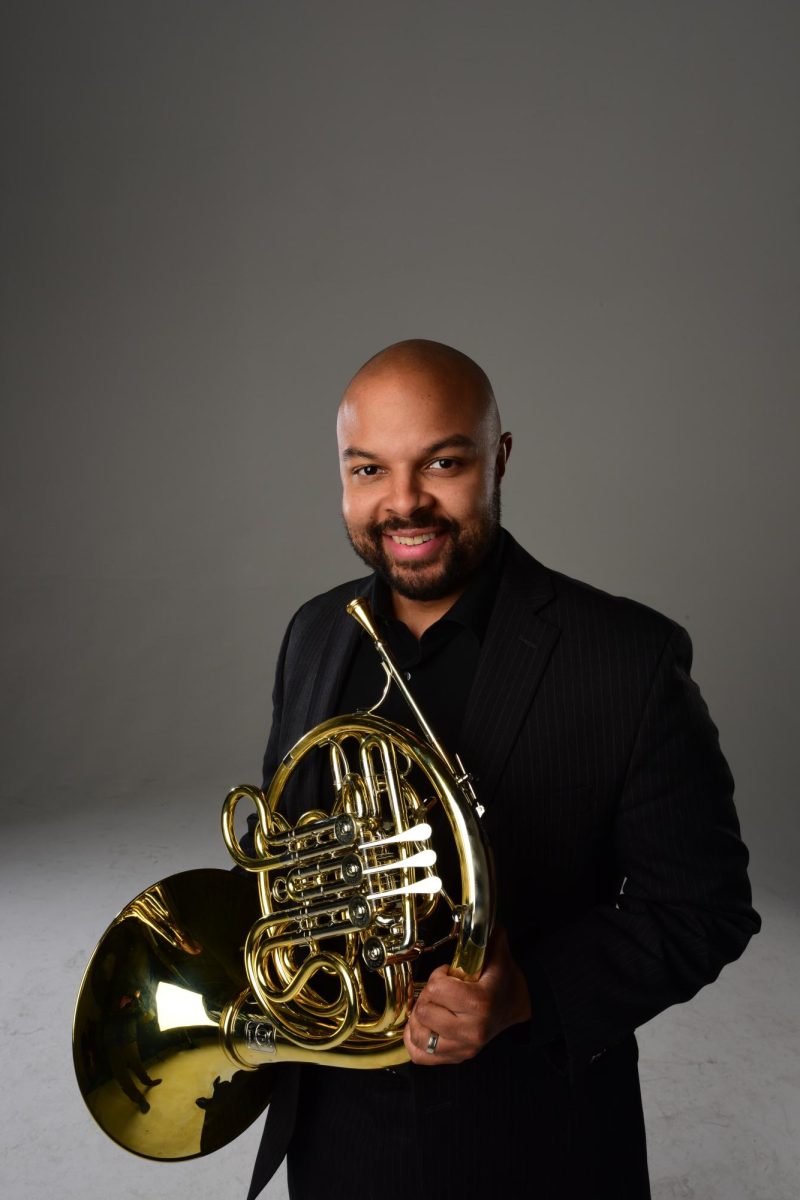Soomin Kim, OC ’19, is the winner of three Morton Gould Young Composer Awards and the 2024 University of Florida Call for Scores by Women Composers, as well as a cofounder of Rattlebox, a new music chamber ensemble. She has written for the Breaking Barriers Festival, Cleveland Chamber Symphony, Northern Ohio Youth Orchestra, Sydney Festival, Liquid Music, Aspen Music Festival, Bowdoin International Music Festival, Norfolk New Music Workshop, and soundSCAPE Festival, among others. She has established a successful compositional career, and is now returning to Oberlin after five years to share her insights. She is teaching Counterpoint II this semester as a visiting assistant professor of Composition.
This interview has been edited for length and clarity.
Can you discuss your background before Oberlin and what brought you to music?
I grew up playing the piano my entire life — I was three or four when I started. I wasn’t really into practicing very much — this is how every composer starts their journey, right? So I was trying to come up with my own tunes on the piano, and then I knew that I always wanted to do something creative. I loved making things. I love making music; I love drawing and arts and crafts.
When I was 13, that’s when I was first like, “I want to study how to do this.” I took jazz theory, jazz composition, and songwriting, and when I was a junior in high school, I started composing in the “classical” style. That’s when I started taking lessons with a good classical composer.
I played piano. I sang. I played samul nori, which is a traditional Korean percussion ensemble. I had a lot of those influences coming to Oberlin, like piano playing, singing, K-pop, samul nori, jazz. When I first came here, I was fairly new to writing in this style — concert music or contemporary classical or whatever you want to call it. I wasn’t really familiar with the repertoire either. I haven’t played in an orchestra or anything. So there was a lot of learning for sure.
What encouraged you to shift from jazz to classical composition? Do you still engage with jazz and samul nori?
I was in high school and I had been writing songs for myself to sing and play on the piano. Then I became interested in film music, and somebody told me that if you want to do film music, then you have to study classical composition. So I did, and I loved it. I guess it felt, for me, like going back to how I started out on the piano. It felt really freeing and it felt right to me.
Now when I play piano, it’s mostly in the style of jazz piano. I like to improvise. In terms of traditional Korean music, I haven’t had a chance to really play at all. I would love to, though, if I could.
What has been your post- Oberlin journey, and what brought you back to Oberlin?
I went to grad school immediately. I went to Yale University and got my master’s degree there. I was there for three years. Normally the master’s program there is two years, but then COVID-19 happened in the middle. I was like, “It would be nice to stay another year, and they do have a master of Musical Arts degree, which is the same thing as a master of Music.” But it was just another excuse for me to stay an extra year and get a second master’s, so I did that.
After that, I moved to Minneapolis with my now husband. He’s from Minneapolis, so we were like, “What do we do now? We have our master’s. I don’t want to quite go into a doctorate degree right away.” So we moved because we had connections there, but we also knew that Minneapolis in general had a lot of music and arts opportunities and a lot of funding for the arts as well, which is great. We were there for about two years. I’m back here now because I got an opportunity to come here as a visiting assistant professor.
What changes have you noticed since coming back to Oberlin?
I did live off campus in my last year when I was a student, but not living on campus, I get to see the town and the people who live here who don’t have anything to do with the school. The town was always there — local businesses and the farmers’ market — and the school is just part of the town, but when I was a student, I thought, “The school is it, right?” Outside of the campus, I found out there’s a biking trail, which I didn’t know when I was a student, even though I had a bike. I found out that there’s a reservoir. It’s just nice to experience the area.
Are there any ways in which you hope the school will change going forward?
When I was here, I took a couple classes in professional development with Dana Jessen, director of Conservatory professional development and associate professor of Contemporary Music and Improvisation. Those were really, really helpful, and I feel like that’s a very important thing for composers because I feel like our path is so vague. I do hope that we talk about stuff like that more because when I think back to when I was a student here, I feel like there was a lot of uncertainty. It’s like, “Okay, I guess I’ll go to grad school and then what? How does this work?” I think it would be great to put more emphasis on that — what it looks like to have a career as a musician and balancing music and life and work and all those things.
What are you proudest of since graduating?
This is kind of general, but when I was a college student, I wasn’t sure how my life was going to pan out as a composer, or how to have a career as a composer. I was just like, “I guess I’ll do it because it’s fun, and hopefully I’ll make some money doing it.” Now I’m at a point where I can call myself a composer, and say I have a career in composing.









